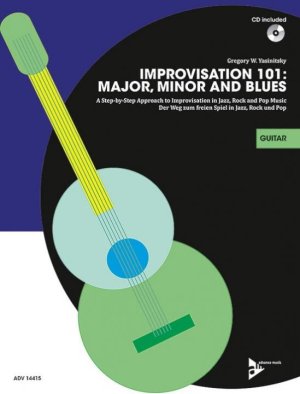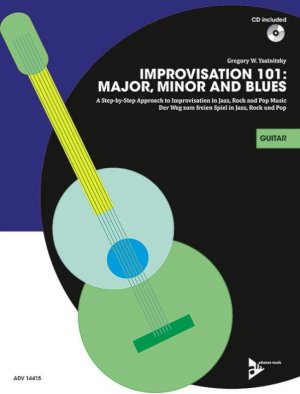Aceman
I am your doctor of love!
One of the most important aspects of improvisation has not been touched on, and that is comping.
And this brings up the very important OTHER aspect of improvising. Yes - you are making a "melody". BUT, it is occurring in the context of a Harmony.


